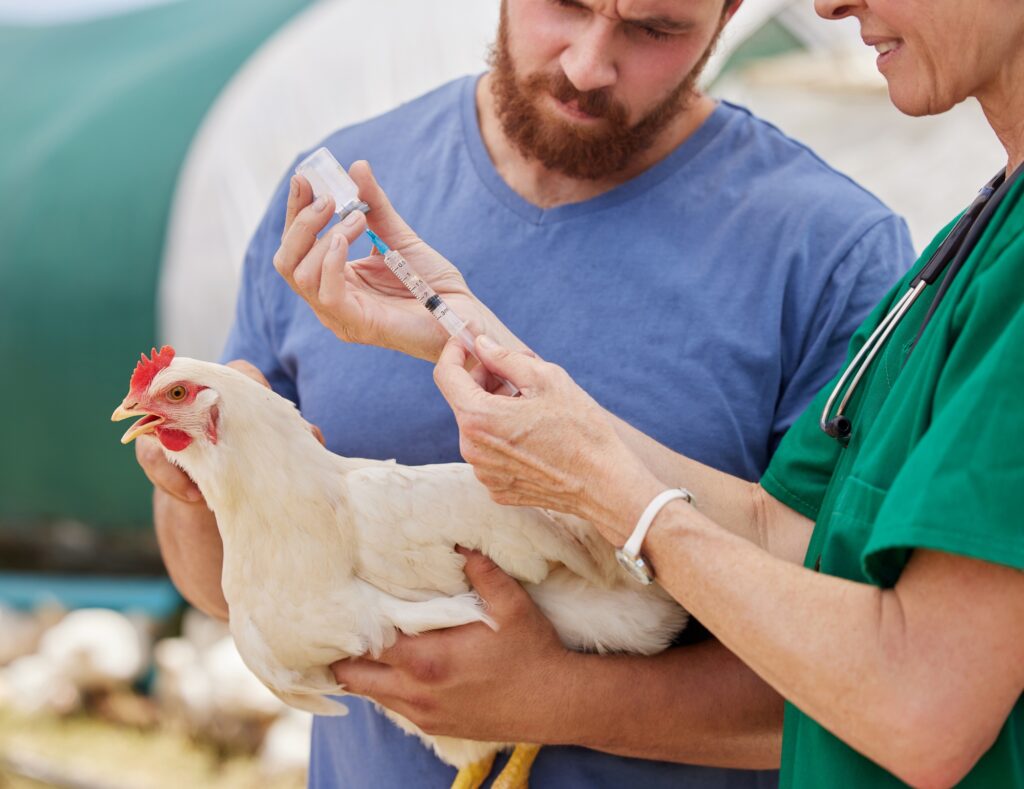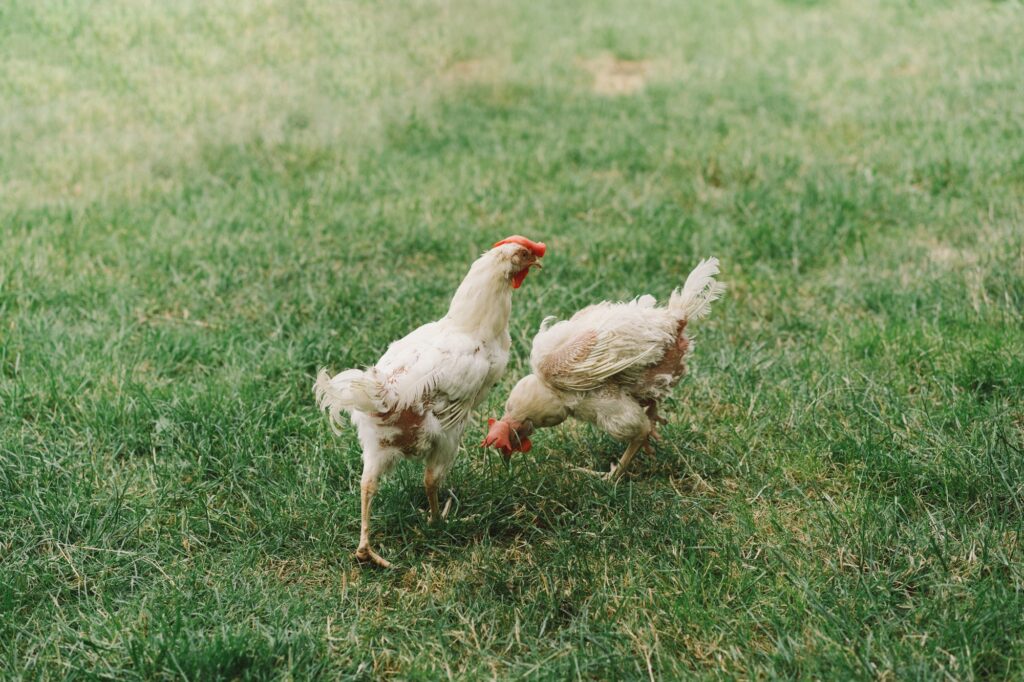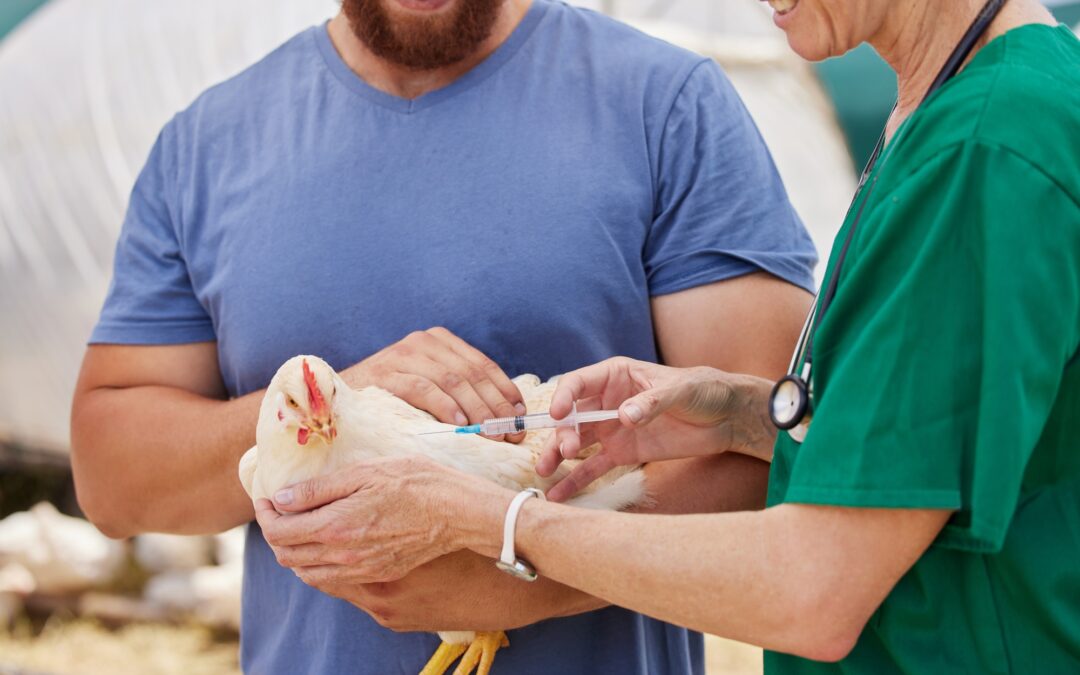In the world of poultry production, ensuring the health and vitality of your birds is paramount. One of the most effective methods to combat the spread of diseases is through vaccination. As challenges from various viruses and viral infections loom, understanding the significance of hatchery vaccination becomes crucial.
This article delves into how vaccines work, their administration, and their role in safeguarding your poultry against potential outbreaks.
Understanding Hatchery Vaccination
Hatchery vaccination plays a critical role in the health management of poultry. Vaccination involves administering a biological preparation that stimulates the immune system, leading to the development of immune responses against specific pathogens. In hatcheries, vaccination is often implemented shortly after hatching, which is a strategic point in a bird’s life when they are most vulnerable to infections.
The primary focus of hatchery vaccination is to protect against infectious diseases that can spread rapidly within flocks. Common examples include infectious bronchitis (IBV), Newcastle disease, and other viral pathogens. By vaccinating chicks before they are exposed to these threats, hatcheries help in building an effective immune response early on, which is essential for the protection of the entire flock.
Various types of vaccines are used in hatcheries, including live attenuated vaccines, inactivated (killed) vaccines, and recombinant vaccines. Each type has its specific application and effectiveness against different viruses. Live vaccines, for instance, contain weakened forms of the pathogen, prompting a strong immune response without causing disease. In contrast, inactivated vaccines use killed pathogens, which require multiple doses to achieve adequate immunity.

Injection to a chicken on a poultry farm
Understanding the proper timing and technique of vaccine administration is crucial. Vaccination protocols vary depending on the type of poultry and the specific diseases prevalent in the region. Some vaccines are administered through drinking water, while others may require injection. The successful implementation of these protocols not only leads to healthier chickens but also contributes to more productive poultry production. Please visit the Poultry CEVA website for more information.
The Impact of Vaccines on Poultry Health
Vaccination has transformed the landscape of poultry health management, significantly reducing the incidence of viral diseases. When done correctly, hatchery vaccination can help prevent outbreaks of serious illnesses that can devastate flocks and impact the poultry industry economically.
The effectiveness of vaccines in controlling diseases like infectious bronchitis cannot be overstated. The virus can spread quickly, leading to high mortality rates in unvaccinated birds. By administering vaccines at the hatchery, producers can ensure that chicks develop some level of immunity before they come into contact with potential disease vectors in the environment. This proactive approach not only protects individual birds but also helps maintain the overall health of the flock.
Moreover, the economic benefits of proper vaccination practices are profound. Healthy birds grow faster, lay more eggs, and have reduced mortality rates, which translates into increased productivity for poultry producers. Vaccination leads to a decrease in the use of antibiotics and other treatments, which further enhances the sustainability of poultry production.
In addition to direct health benefits, there is also a public health aspect to consider. Vaccinated poultry are less likely to transmit diseases to humans, thereby reducing the risk of zoonotic infections. This is particularly pertinent in the wake of increasing concerns about food safety and the spread of infectious diseases from animals to humans. Hence, by prioritizing vaccination in hatcheries, you are not only protecting your investment but also contributing to broader public health goals.
Implementing Effective Vaccination Programs
Creating an effective vaccination program requires careful planning and execution. It is vital to understand the specific health risks associated with your poultry operation. Factors such as the breed of chickens, the geographical location of your farm, and previous disease outbreaks should guide your vaccination strategy.
Engaging with veterinarians, poultry health professionals or vaccination specialists is an excellent starting point. They can provide insights into the most prevalent viruses in your area and recommend suitable vaccines. Additionally, they can help design a vaccination schedule that aligns with the lifecycle of your birds. For example, certain vaccines may need to be administered multiple times or at specific intervals for optimal effectiveness.
Another essential component is training your staff in proper vaccine administration techniques. Improper handling and administration can lead to diminished vaccine efficacy. Staff should be familiar with the different types of vaccines and know how to prepare and administer them correctly.
Moreover, record-keeping is vital for monitoring vaccination history and effectiveness. Maintaining detailed records allows producers to track which vaccines were administered to which flocks, anticipate potential health issues, and adjust vaccination strategies accordingly. By focusing on these aspects, you ensure that your hatchery vaccination program is comprehensive and effective, leading to healthier poultry and a more profitable operation.
Challenges in Poultry Vaccination
Despite the clear benefits of hatchery vaccination, several challenges persist that can hinder its effectiveness. One of the most significant obstacles is the variability in vaccine responses among individual birds. Genetic differences can affect how each chicken responds to a vaccine, leading to inconsistencies in immunity within a flock.
Environmental factors also play a role. Stressors such as poor living conditions, overcrowding, and inadequate nutrition can impact a bird’s immune response, reducing the effectiveness of vaccines. Ensuring that birds are kept in optimal conditions before and after vaccination is crucial for promoting an effective immune reaction.
Logistical issues may arise as well. Depending on the type of vaccine, specific storage and handling conditions are necessary to maintain efficacy. For instance, some live vaccines require refrigeration, while others may need to be used promptly once opened. Supply chain disruptions can further complicate the timely availability of vaccines, jeopardizing the health of your flock.
Additionally, misinformation regarding vaccines can lead to hesitancy among poultry producers. Some may fall prey to myths or misconceptions about vaccine safety and effectiveness. Educating the community about the advantages of vaccination and addressing concerns can help mitigate these issues, ensuring that more producers adopt these critical health measures.
The Future of Vaccination in Poultry Production
As the poultry industry continues to evolve, so does the field of vaccination. Advances in biotechnology and immunology are leading to the development of more effective and targeted vaccines. Researchers are exploring innovative approaches, such as DNA vaccines and vectored vaccines, which promise to enhance immunity and provide protection against multiple diseases with fewer doses.
Additionally, monitoring and tracking technology are improving, allowing producers to keep track of vaccination schedules and bird health more efficiently. Digital tools can help producers optimize vaccination protocols and respond quickly to emerging health threats.
Another exciting development is the growing emphasis on the protection of animal welfare in vaccination practices. Improved methods that reduce stress during the vaccination process are being explored, ensuring that poultry not only receive the necessary health benefits but also experience a humane treatment.
As we look to the future, the integration of vaccination with other health management practices will be vital in creating a holistic approach to poultry production. For instance, combining vaccination with biosecurity measures, good nutrition, and proper husbandry practices will result in healthier flocks and more sustainable operations. In summary, hatchery vaccination stands as a cornerstone in the prevention of poultry diseases.
By understanding its significance and implementing effective vaccination programs, poultry producers can greatly enhance the health and productivity of their flocks. While challenges exist, advancements in vaccine development and administration techniques offer promising solutions for the future.
As poultry production continues to face new viral threats, prioritizing vaccination will not only protect your investment but also contribute to the broader goal of sustainable animal agriculture. With diligence and a commitment to best practices, the future of poultry health looks bright.
